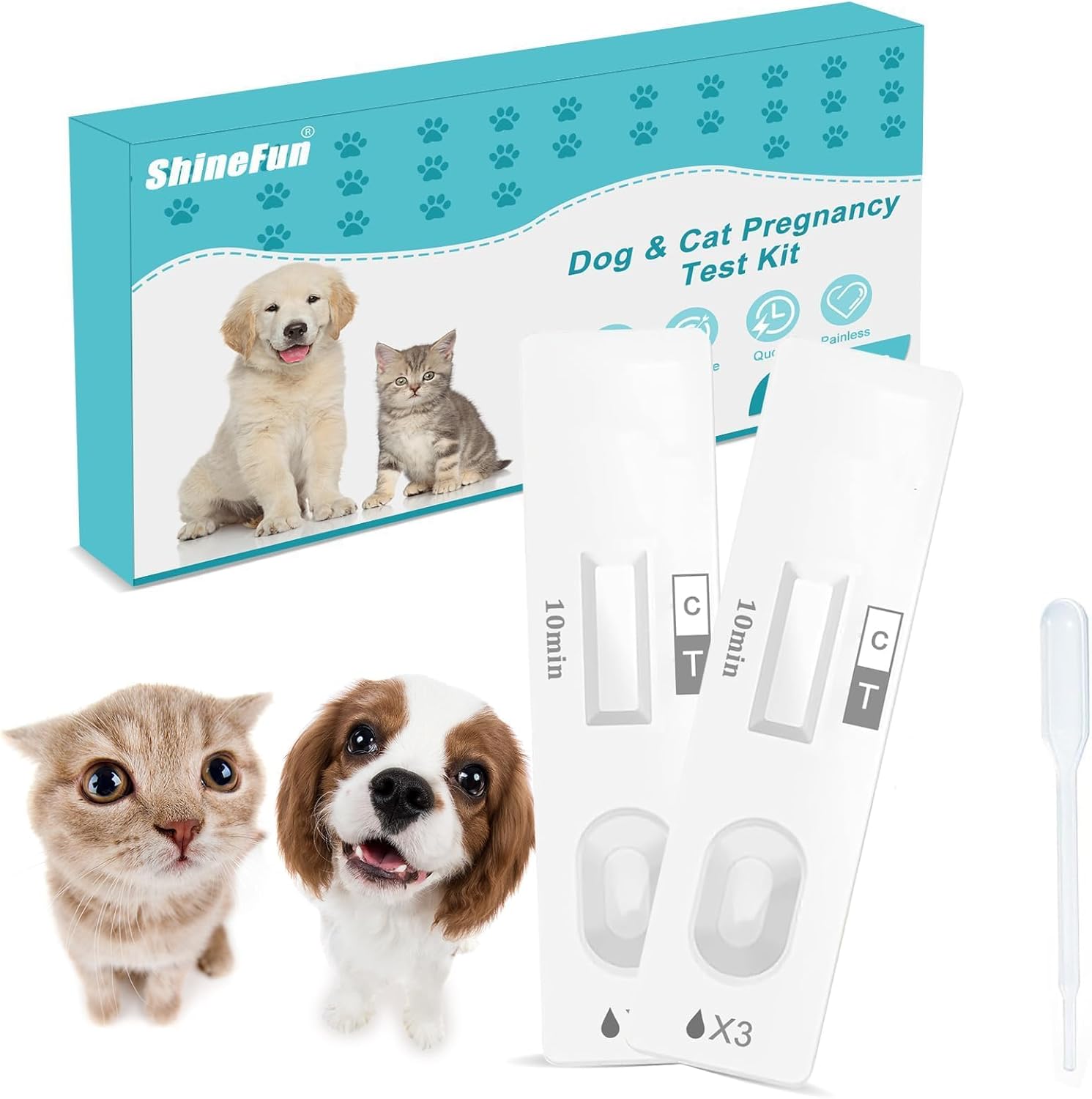






Price: $20.99
(as of Apr 14, 2025 21:34:09 UTC - Details)
What's the Best Pregnancy Test to Take? A Comprehensive Review
Introduction
When it comes to pregnancy, the first step for many is taking a pregnancy test. But with so many options available on the market, how do you determine what's the best pregnancy test to take? In this article, we’ll explore various types of pregnancy tests, their accuracy, ease of use, and other important factors to consider. Whether you're a first-time tester or looking to switch brands, this guide will help you make an informed decision.
Understanding Pregnancy Tests
What Are Pregnancy Tests?
Pregnancy tests are tools designed to detect the presence of the hormone hCG (human chorionic gonadotropin) in your urine or blood. This hormone is produced shortly after a fertilized egg attaches to the wall of the uterus.
How Do Different Tests Work?
There are two main types of pregnancy tests: urine tests and blood tests. Urine tests, which are commonly found at pharmacies, provide quick results and are easy to use. Blood tests, typically done in a doctor's office, are more sensitive and can detect pregnancy earlier but require more time for results.
Types of Pregnancy Tests
Home Pregnancy Tests: Convenience at Your Fingertips
Home pregnancy tests (HPTs) are the most popular choice among women. They are convenient, private, and can be done in the comfort of your home. Most HPTs are simple to use: you just urinate on a stick or dip it in a cup of urine and wait for the results.
Pros of Home Pregnancy Tests
- Easy to Use: Most tests come with straightforward instructions.
- Immediate Results: You can often see results in just a few minutes.
- Privacy: You can take the test without visiting a clinic.
Cons of Home Pregnancy Tests
- Possible False Negatives: Testing too early can result in a negative result even if you are pregnant.
- User Error: Not following instructions carefully can lead to incorrect results.
Blood Tests: For When You Need Certainty
If you're looking for more accurate results, a blood test might be the way to go. These tests can detect pregnancy earlier than urine tests and provide quantitative results.
Pros of Blood Tests
- Higher Sensitivity: Can detect lower levels of hCG, allowing for earlier detection.
- Quantitative Results: Can show how much hCG is in your blood, which is useful for monitoring the pregnancy.
Cons of Blood Tests
- Requires a Doctor's Visit: You’ll need to go to a lab or clinic.
- Longer Wait for Results: It may take a day or more to get results.
Choosing the Best Home Pregnancy Test
Accuracy: The Most Important Factor
When selecting a home pregnancy test, accuracy is key. Look for tests that claim over 99% accuracy when used correctly. Many brands provide this information on the packaging, so check that before purchasing.
Early Detection Tests: Start Testing Sooner
Some brands market early detection tests that can be used a few days before your expected period. These tests are more sensitive and can provide results sooner, but they also come with a higher chance of false negatives.
Digital Tests: Clear Results Without the Guesswork
Digital pregnancy tests eliminate the guesswork by displaying results in words rather than lines. If you're someone who prefers clear communication, a digital test might be the best pregnancy test for you.
Price: Balancing Cost with Quality
Pregnancy tests come in a range of prices. While it's tempting to go for the cheapest option, remember that quality often matters more than cost. Opt for reputable brands that have good reviews for reliability and accuracy.
How to Use a Pregnancy Test
Following Instructions Carefully
No matter which test you choose, be sure to read the instructions carefully. Different tests may have slightly different methods, and following the directions will help ensure accurate results.
Timing Your Test for Best Results
Testing at the right time is crucial. Most tests recommend waiting until the first day of your missed period for the best results. Testing too early can lead to false negatives, so patience is key.
Interpreting Your Results
Understanding the Results
Once you have your results, it's important to interpret them correctly. Most tests will show either a positive or negative result, but some may also display an invalid result if the test was not performed correctly.
What to Do Next
If your test is positive, it’s time to schedule a visit with your healthcare provider to confirm the pregnancy and discuss your options. If it’s negative but you still suspect you might be pregnant, wait a few days and test again.
Conclusion
Finding the best pregnancy test to take is about understanding your needs and the options available. From home pregnancy tests to blood tests, each has its pros and cons. The key is to choose a reliable test, use it correctly, and interpret the results thoughtfully. Remember, whether you're excited, anxious, or unsure, taking a pregnancy test is an important step in your journey.
By following the guidelines outlined in this article, you can confidently choose the best pregnancy test for your situation. Happy testing!
Painless & Non - Invasive: Detect relaxin via urine—no stress for pets. Safe for dogs/cats.
Rapid: Results become visible within 10 - 15 minutes post-application of the sample onto the test card
98.8% Accurate: Reliably confirms pregnancy from 21 days post - breeding using relaxin detection.
Wide variety of applications: this test kit can be used with any breed of dog, regardless of size,large dog and small dog , even cat
Relaxin:Relaxin is a hormone produced by the placenta during pregnancy. It can be detected in the urine of dogs and cats 21 - 28 days after breeding, which is before physical signs of pregnancy become obvious.
Notes:Testing before 21 days may yield unreliable results. Retest after the recommended timeframe.
